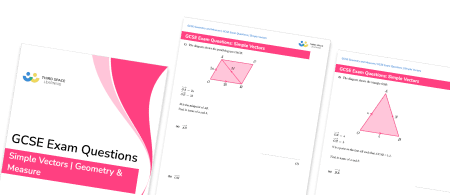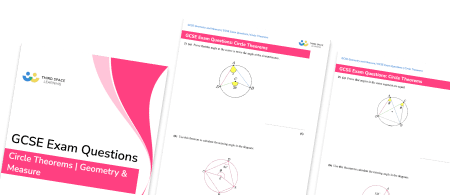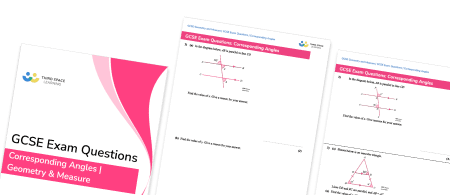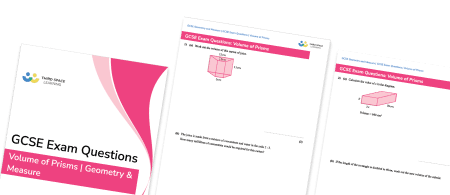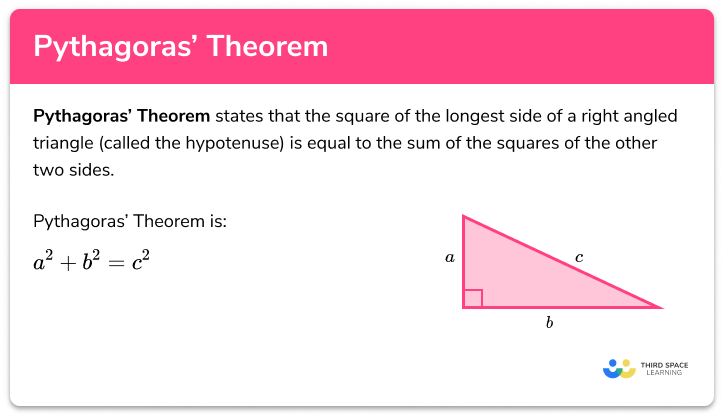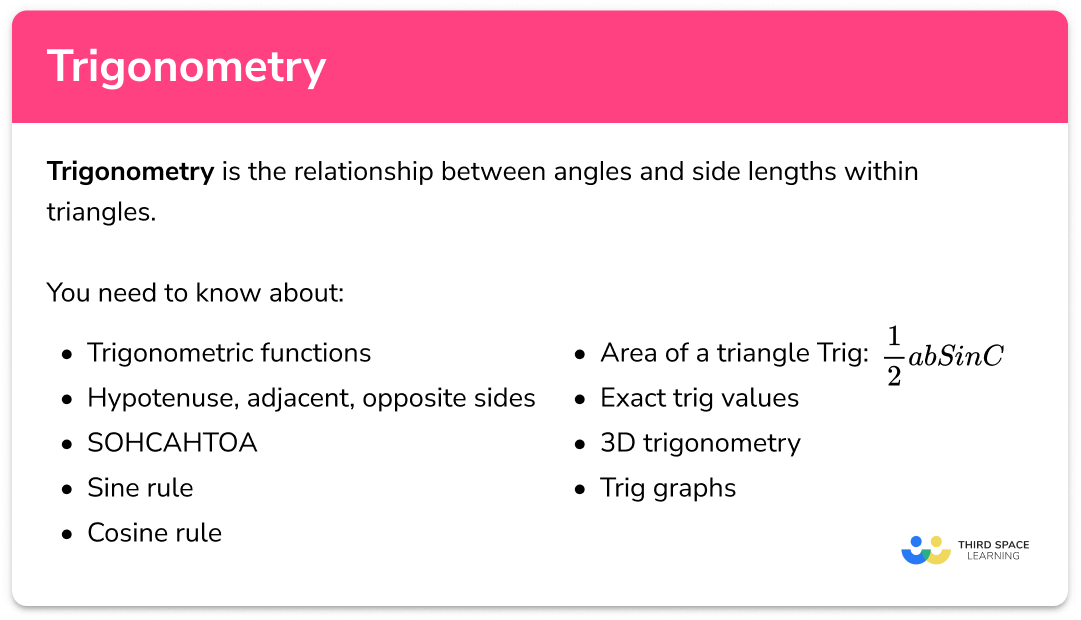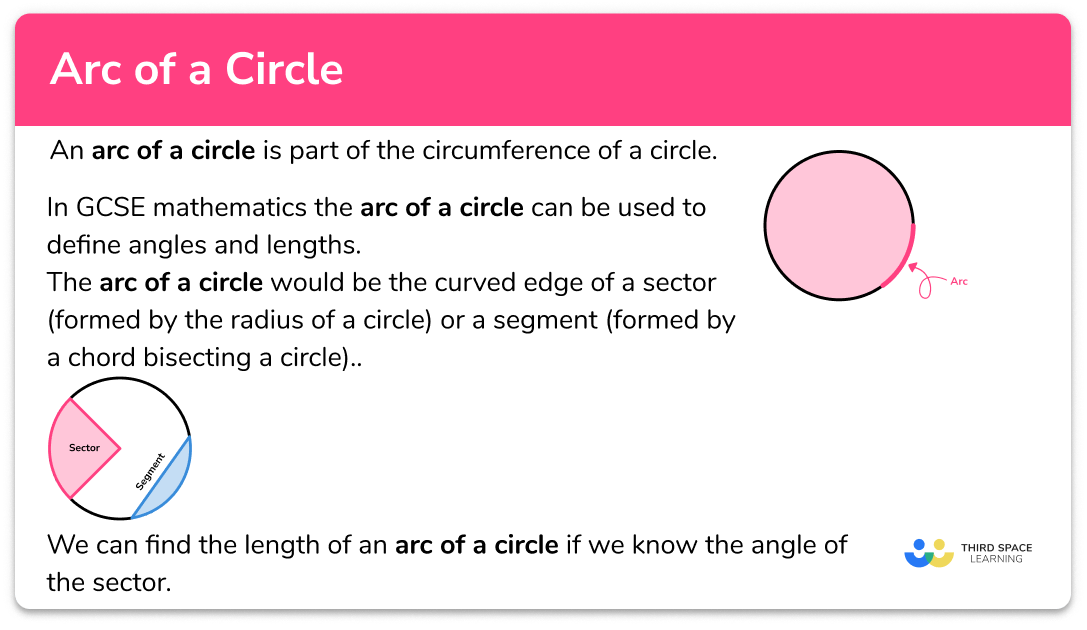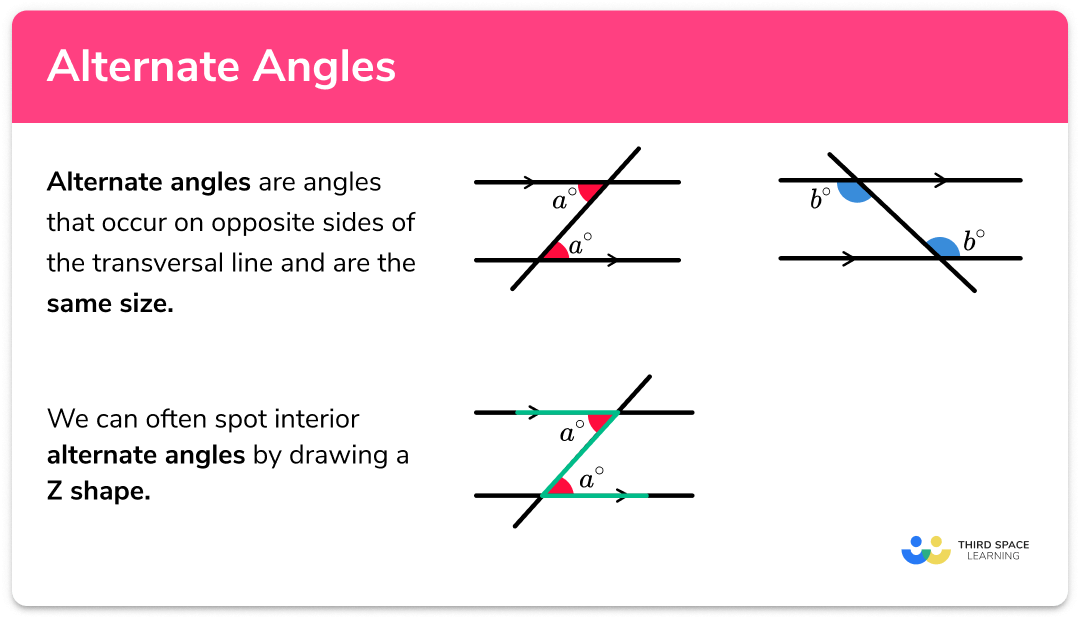FREE DOWNLOAD
Bearings Worksheet

Help your students prepare for their Maths GCSE with this free bearings worksheet of 35 questions and answers
- Section 1 of the bearings worksheet contains 27 skills-based bearings questions, in 3 groups to support differentiation
- Section 2 contains 4 applied bearings questions with a mix of worded problems and deeper problem solving questions
- Section 3 contains 4 foundation and higher level GCSE exam style questions on bearings
- Answers and a mark scheme for all bearings questions are provided
- Questions follow variation theory with plenty of opportunities for students to work independently at their own level
- All questions created by fully qualified expert secondary maths teachers
- Suitable for GCSE maths revision for AQA, OCR and Edexcel exam boards
Unlock access to download your free resource
You can unsubscribe at any time (each email we send will contain an easy way to unsubscribe). To find out more about how we use your data, see our privacy policy.
Bearings at a glance
Bearings are angles measured clockwise from North and are written as three figures.
The points on a compass have the following bearings: North 000o, East 090o, South 180o and West 270o. When working with bearings, we can either measure them or we can calculate them using known angle facts.
To measure bearings we first need to make sure we have an accurate diagram. If the diagram is accurate, we can draw on a North line and use a protractor to measure the angle in a clockwise direction. We can then write the angle as a three figure bearing.
When calculating bearings, we can use a variety of different methods depending on the information available. These include: using angle facts about the angles around a point, using angle facts about angles in parallel lines and using trigonometry.
When dealing with bearings problems it is important to consider which point is the starting point by reading the question carefully. For example, if we are asked to calculate the bearing of the lighthouse from point B then the starting point is point B. We would draw a North line at point B and measure the angle between the North line and the lighthouse.
Looking forward, students can then progress to additional geometry worksheets, for example a 3D shapes worksheet or area of a triangle worksheet.

For more teaching and learning support on Geometry our GCSE maths lessons provide step by step support for all GCSE maths concepts.
Do you have GCSE students who need additional support?
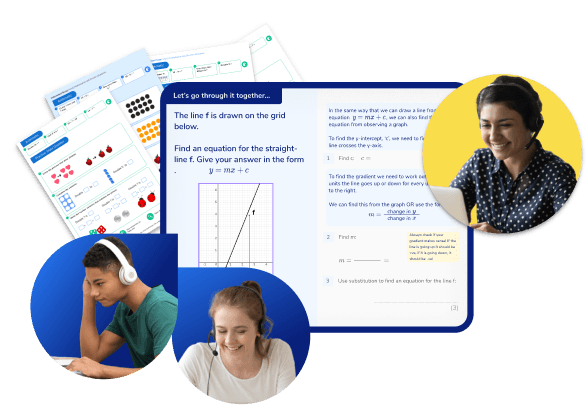
There will be students in your class who require individual attention to help them achieve their target GCSE maths grade. In a class of 30, it’s not always easy to provide.
Help your students feel confident with exam-style questions and the strategies they’ll need to answer them correctly with personalised online one to one tutoring from Third Space Learning
Lessons are selected to provide support where each student needs it most, and specially-trained GCSE maths tutors adapt the pitch and pace of each lesson. This ensures a personalised revision programme that raises grades and boosts confidence.

